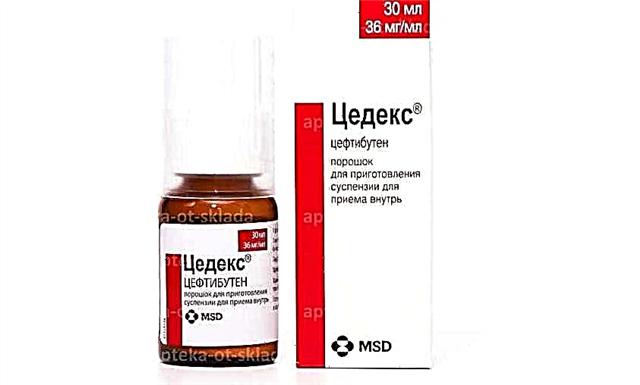
Chickenpox is one of the most common diseases in babies. 9 out of 10 children always go green speckled. Children of early preschool age often get sick. With chickenpox, the doctor prescribes a special therapeutic diet (in addition to symptomatic drug therapy). It helps to quickly restore the body and cope with infection.

How does it manifest?
Children aged 3-4 years old when visiting kindergarten often get chickenpox. This disease is viral. The causative agent belongs to a variety of herpes viruses. Its favorite localization is the skin and mucous membranes. This explains the appearance of the first symptoms during the disease:
- The appearance of a small rash all over the body. The rash covers almost the entire body, including the face. Elements of the rash are red, itchy.
- Increased body temperature.
- Severe weakness appears, in some cases - chills, headache. Painful elements of the rash may also appear on the mucous membrane of the lips or mouth. If a wound forms at this site, this may be the cause of the development of secondary infection with staphylococcus or streptococcus.

Like any infectious viral disease, chickenpox does not appear immediately. Symptoms are preceded by a fairly long incubation period (7 to 10 days).
When visiting kindergarten and contact with a sick child, your baby will not get sick immediately, but only after a week. If the child's immunity is weakened or there are concomitant chronic diseases, immunodeficiency, the disease will manifest itself much earlier.
If you suspect your child has chickenpox, you should urgently call a doctor. Be careful, the virus is very "volatile". If there are other children at home, it is very likely that they will also get sick. If you weren't sick or vaccinated as a child, chances are you could get infected as well.

After examination, the doctor will prescribe symptomatic treatment and diet therapy. In severe cases, it may even require hospitalization in an infectious diseases hospital. Usually, treatment is limited to home stay and the implementation of all medical recommendations.
The need for a diet
Nutritional therapy for chickenpox will restore immunity, it has a positive effect on the entire complex of treatment as a whole.
To quickly cope with the virus, the baby needs enough strength and energy. The correct therapeutic diet helps to cope with this and leads to recovery in a shorter time.
Nutrition principles
All food that enters the child's body during infection must provide the child's body with sufficient energy to cope with the fight against the virus.
Prescribing a diet for chickenpox is one of the most important treatment conditions and includes several basic principles:
- Food must contain adequate amounts of protein, fats and carbohydrates. The diet should be rational and balanced. During infection, it is worth increasing the amount of protein - up to 60% of the total diet. 40% goes to carbohydrates, 10% to healthy fats.
- It is better to use lean meat products as sources of protein food. Veal, turkey, rabbit are perfectly digested and suitable for the child's body. Chicken and pork are less useful. During infection, the body does not need foods that are difficult to digest, as this carries an additional burden on the organs of the gastrointestinal tract.


- The inclusion of fermented milk products. The fresher they are, the better. It will be ideal if you make yogurt, kefir or curd at home on your own.
- Consumption of fresh fruits and berries should be increased. They contain a huge amount of useful vitamins and minerals. This is, for example, selenium, which is found in raspberries. It helps the immune cells function and boosts the immune system. Berries and fruits contain a large amount of a natural natural antioxidant - ascorbic acid or vitamin C. Large concentrations of this substance have a detrimental effect on the virus that caused the infection.


- Cook cereals for garnish. The slow carbohydrates in cereals keep your child feeling full for a long time. They perfectly saturate, give the child's body the strength to fight infection. Slow carbohydrates are processed in the body for a long time, gradually releasing all nutrients and energy.
- Be sure to include fresh vegetables in your child's diet. If the baby has inflammatory elements in the mouth or tongue, then you should use boiled vegetables, chopped to a puree state. This will prevent damage to the injured mucous membrane. Otherwise, prepare fresh salads.


For more details, see below in the program of Dr.



